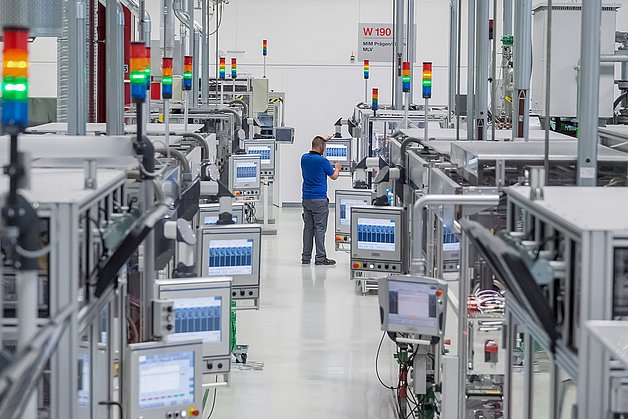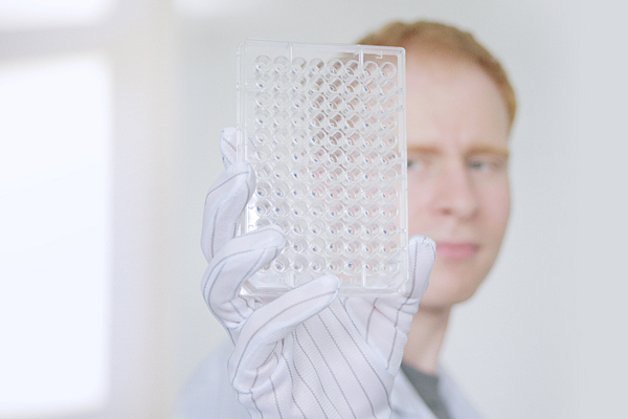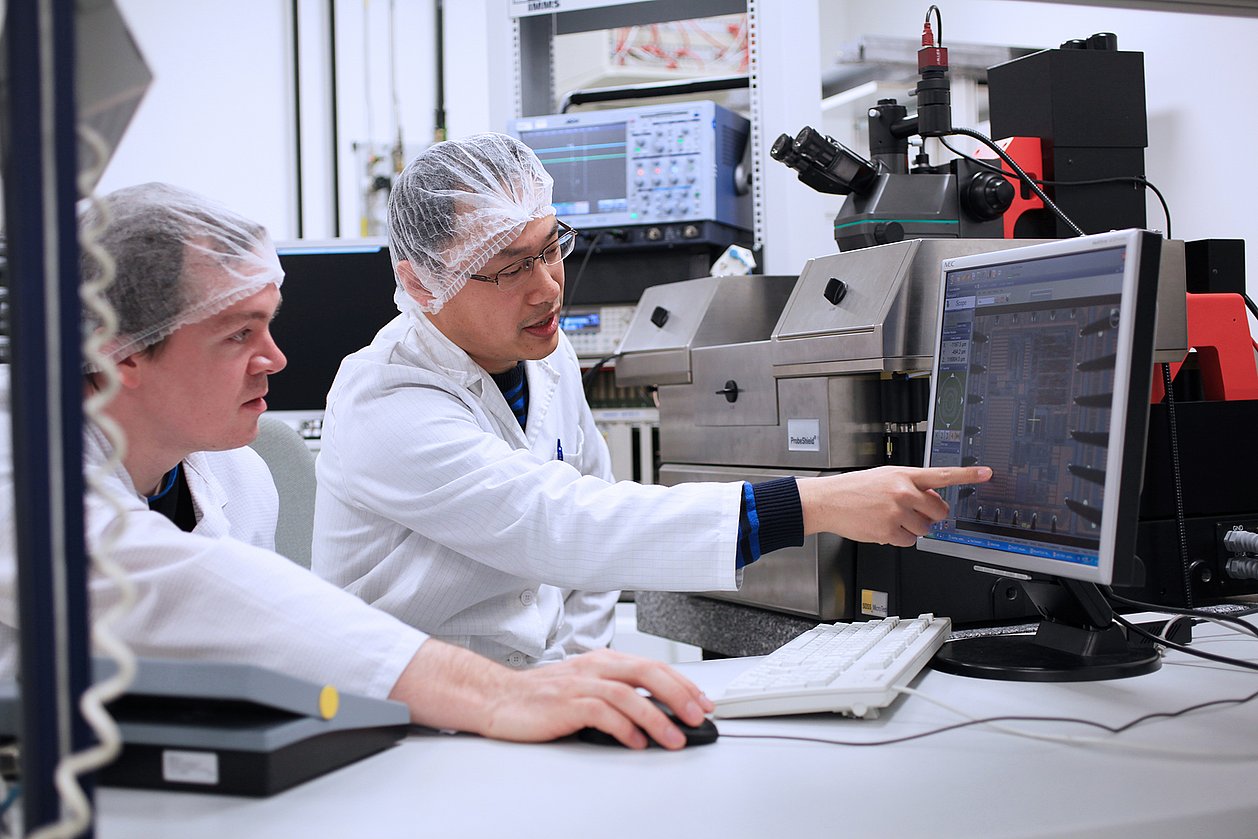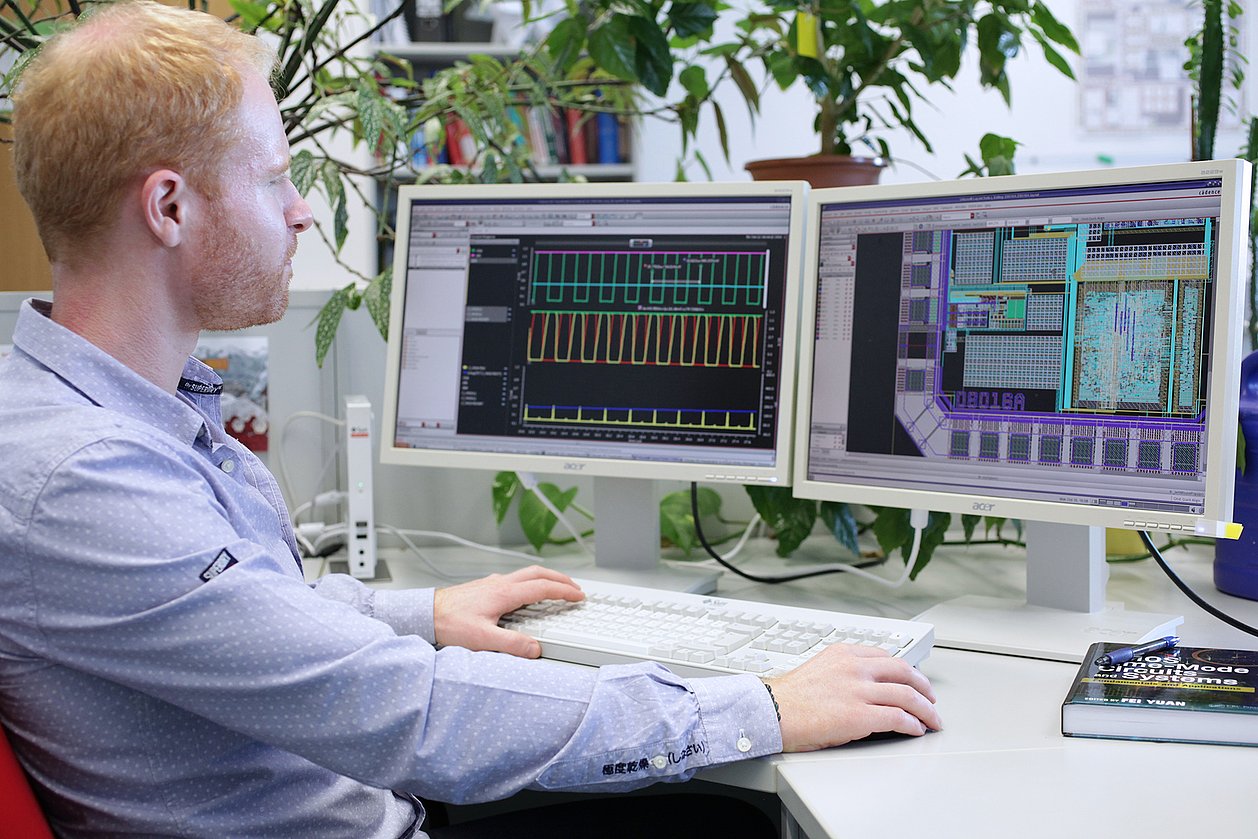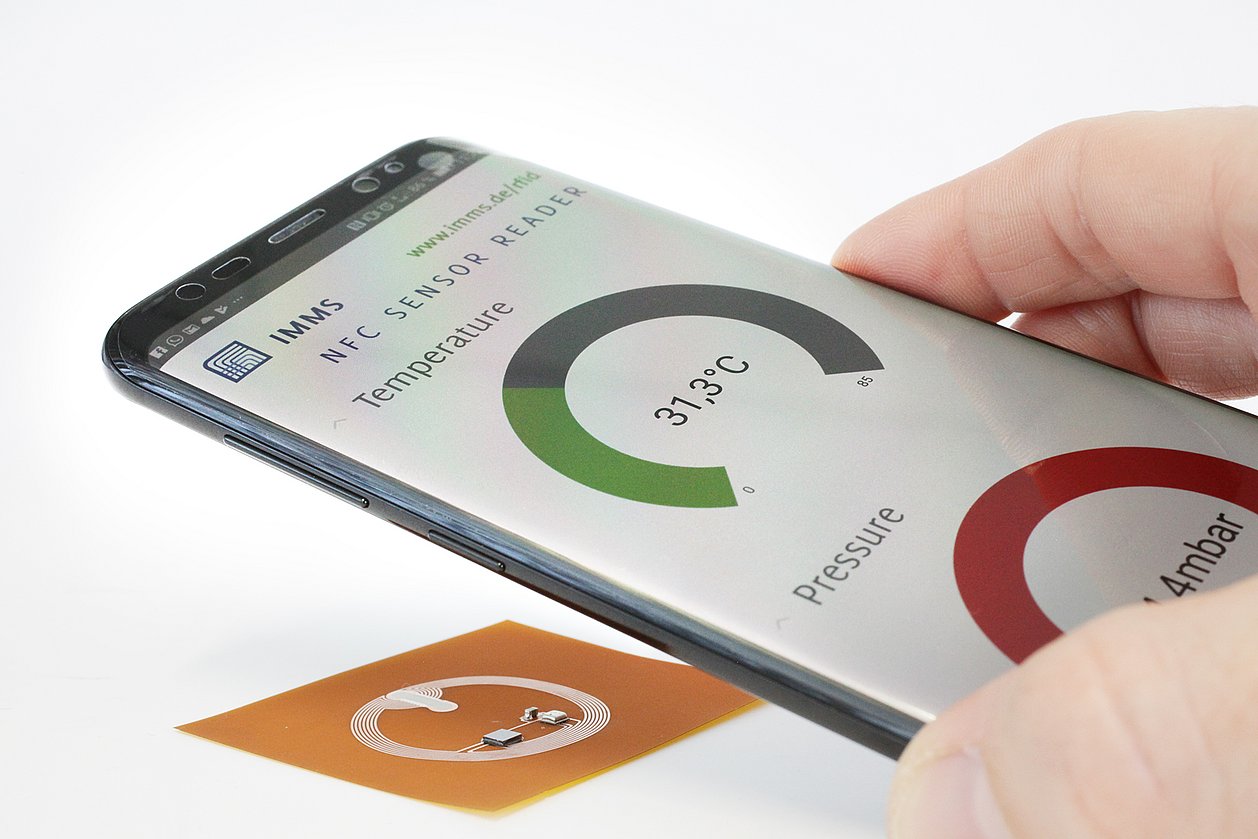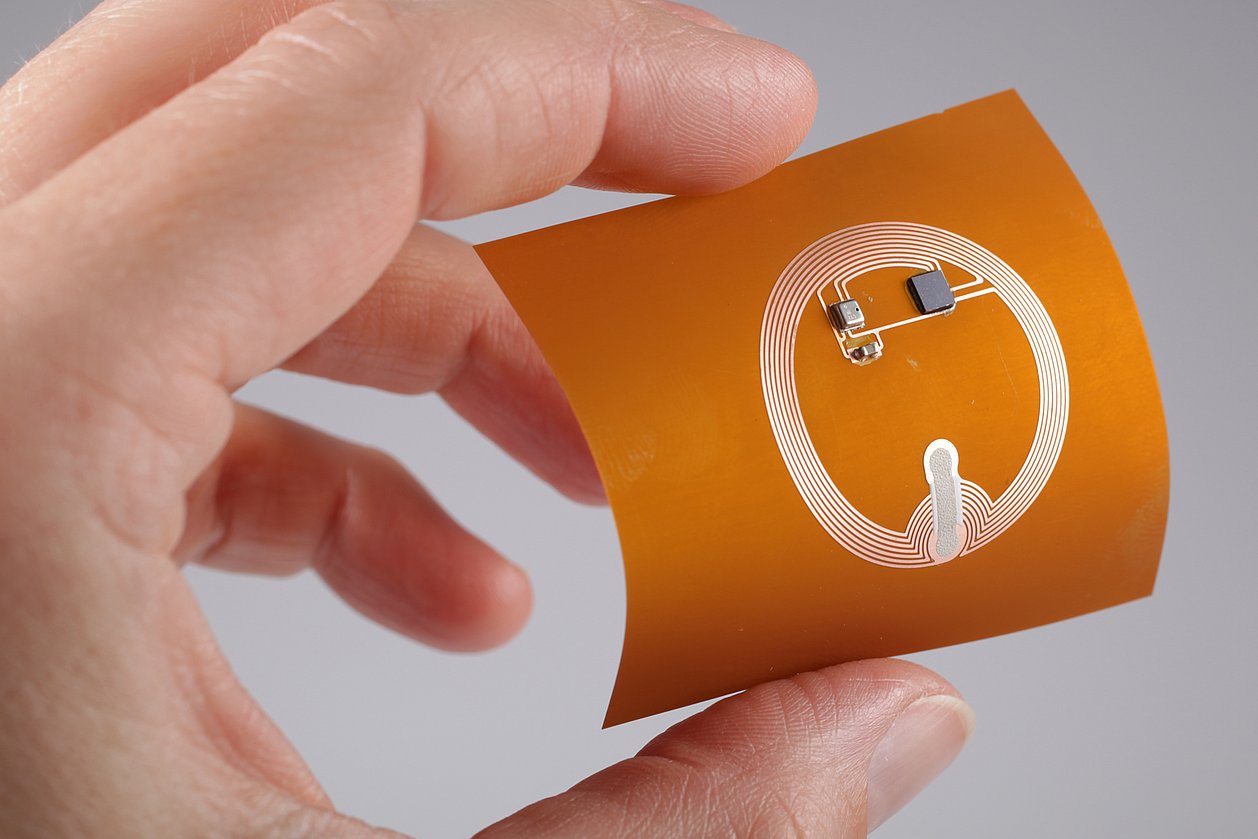Muralikrishna Sathyamurthy, M. Sc.
„IMMS has greatly helped me in fine-tuning my skills and I am very happy to say that IMMS is definitely a place for young talented and aspiring scientists. I feel so proud of being part of and working alongside this dynamic group of talented and inspiring scientists.“
„It has always been my dream to work in scientific research and development projects. It was while exploring the possibilities that I stumbled upon IMMS website and immediately applied for an internship position during September 2009. When I arrived at IMMS, I was greatly motivated by Dr. Eckhard Hennig, who familiarized me with various research activities and student research projects carried out at the Institute. As things there were constantly evolving, I thought I could continuously grow as both professionally and personally at IMMS. And I was definitely right.
After my internship at IMMS, I carried out further research activities as a Master’s thesis student and since February 2011, I have been a scientific research assistant at IMMS in the department of microelectronics, specializing in digital design. The most rewarding experience from working at IMMS must be the opportunity to work and interact with the talented people here. They are all passionate about and motivated in the work they do. During my stint at IMMS as an intern and Master’s thesis student, I thoroughly enjoyed working on research projects in an international and multi-cultural environment. An international student myself, I found that language was no barrier to working at IMMS. Its close association with academic institutions and its strategic partnership with Cadence Academic Network (CAN) helped in enriching my skills in the digital domain through knowledge-sharing sessions and EDA workshops. IMMS provided a platform (in the form of scientific seminars) where I could present my views and scientific ideas. As a stepping stone, this platform provided me with skills and confidence to present my ideas at international scientific conferences.
After my Master’s thesis, I was highly encouraged by members of IMMS to present our team’s work at SMACD 2012 (the IEEE conference) held in Spain. It was a great experience and this conference certainly proved to be a very good opportunity for me to meet and reciprocate with fellow researchers in my field. My proudest moment in the conference was winning the ‘best paper’ award for the research activity we had carried out at IMMS during my master’s thesis preparation. When I look back at my career so far, I realize I have grown along with IMMS in a short span of time. IMMS has greatly helped me in fine-tuning my skills and I am very happy to say that ‘IMMS is definitely a place for young talented and aspiring scientists.’ I feel so proud of being part of and working alongside this dynamic group of talented and inspiring scientists.“
Related content
RFID-Chip zum batterielosen Betrieb kommerzieller Sensoren für medizinische und industrielle Anwendungen
Muralikrishna Sathyamurthy1.RFID im Blick, Ausgabe 05/2021, Seite 46 - 57, ISSN: 1860 - 5907
1IMMS Institut für Mikroelektronik- und Mechatronik-Systeme gemeinnützige GmbH, 98693 Ilmenau, Germany.A UHF RFID to I2C Bridge IC with Configurable Power Storage Unit for Flexible RFID Sensor Applications
Jun Tan1. Muralikrishna Sathyamurthy1. Hani Abdullah1. Jonathan Gamez1. Bjoern Bieske1. Benjamin Saft1. Martin Grabmann1. Jacek Nowak2. Sylvo Jäger2. Eric Schäfer1.2021 IEEE International Conference on RFID Technology and Applications (RFID-TA), 2021, pp. 301-304, doi.org/10.1109/RFID-TA53372.2021.9617266, 6 - 8 October 2021, Dehli, India
1IMMS Institut für Mikroelektronik- und Mechatronik-Systeme gemeinnützige GmbH, 98693 Ilmenau, Germany. 2Microsensys GmbH, Erfurt, Germany.NFC/HF-RFID transponder IC for Sensor Applications
Muralikrishna Sathyamurthy1.Think Wireless IoT Day on Healthcare and Security, 12 May 2021, online
1IMMS Institut für Mikroelektronik- und Mechatronik-Systeme gemeinnützige GmbH, 98693 Ilmenau, Germany.UHF-RFID-Chip zum batterielosen Betrieb kommerzieller Sensoren für I4.0-Anwendungen
Muralikrishna Sathyamurthy1.Markt&Technik, Ausgabe 07/2020, 14. Februar 2020, Seite 40-42
1IMMS Institut für Mikroelektronik- und Mechatronik-Systeme gemeinnützige GmbH, 98693 Ilmenau, Germany.


